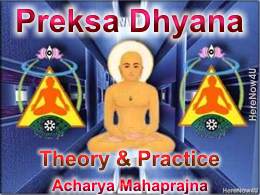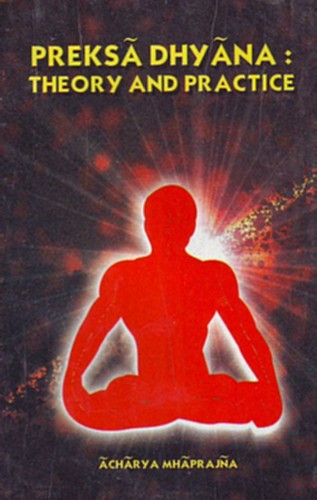[raison d'etre = reason or justification for existence]

The insidiousness of hypertension lies in it covert, seemingly harmless nature, which can end in permanent damage to the heart or brain or at worst, in sudden death. High blood pressure or hypertension requires the heart to pump blood at higher pressures, thus making the heart work harder and placing an excessive strain on the heart. It also increases the rate of development of hardening of the arteries, caused by the deposition of the blood clots, fats and calcium on the inside walls of the arteries, making the normally soft elastic arteries to become hard, inelastic and partly or completely blocked. This blockade may lead to dire consequences.
The risk of developing arteriosclerosis or hardening of the arteries is directly related to the level of blood-pressure. The higher your B.P., the greater the risk. If the arteries to the heart, called coronaries, are blocked, death of heart cells is inevitable and a heart attack follows. If the arteries to the brain become obstructed, strokes may occur. Thus continuous high blood-pressure or hypertension is an indirect cause of major causes of death: heart-attack and stroke.
Causes for 90 to 95 percent of hypertension, called essential hypertension, are not known. Stress is a generally accepted explanation of the disease. Though it is commonly accepted that anger, fear or anxiety play an important role in causing hypertension, the subject has been inadequately studied by the medical profession Stressful situations which can be defined as situations leading to continuous behavioural adjustment may underlie the development of hypertension which cannot be explained.
Fortunately we do possess an innate response to counter the effects of stress response. When activated, this can positively reduce the blood pressure without any drug. The victims of hypertension can be taught to trigger the protective mechanism and lower their blood pressure. The use of the technique of relaxation described in the next chapter is not only a therapy to lower the blood pressure but that it has been part of the cultures of man throughout the ages.
As stated earlier, the risk of developing the hardening of the arteries is directly proportional to the level of blood pressure and anything that lowers B.P. without injurious side effects is beneficial. Antihypertensive drugs inhibit the activity of the sympathetic nervous system thus lowering the blood pressure. But the drugs could create dangerous side effects and may create more serious problems. Relaxation is a safe way to lower the blood- pressure by the same means as some antihypertensive drugs. Regular exercise of relaxation is of great value since it has none of the pharmacological side effects present in the drugs. It also substantiates the hypothesis that hypertension in most cases is due to stressful situations that require behavioural adjustment and can be alleviated by behavioural means alone.
By far the most appealing use of relaxation lies in its preventive aspects. It serves as a natural way to counteract the sympathetic dominance. This means that it should be useful in alleviating other emotional upsets where increased sympathetic activity is a factor. For instance, relaxation is useful in alleviating various anxiety states and in treating some of the cardiac problems.
 Acharya Mahaprajna
Acharya Mahaprajna

